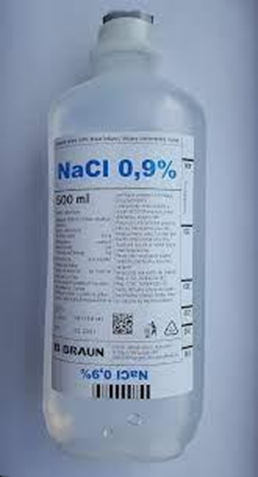A client is admitted with cough, congestion, bilateral rales, and clear nasal drainage. In reviewing the differential WBC the nurse notes the lymphocytes are elevated. How should the nurse interpret the elevated lymphocytes?
as an allergic response
as an inflammatory response
as a viral infection
as a bacterial infection
The Correct Answer is C
A. Allergic responses typically involve an increase in eosinophils rather than lymphocytes.
B. While an inflammatory response may involve an increase in lymphocytes, the presentation of clear nasal drainage and cough with bilateral rales suggests a respiratory infection rather than a generalized inflammatory process.
C. Elevated lymphocytes are often indicative of a viral infection, as the body mounts an immune response to fight off the viral invader.
D. Bacterial infections typically involve an increase in neutrophils rather than lymphocytes, although lymphocytosis may occur in some bacterial infections as part of the immune response.
Nursing Test Bank
Naxlex Comprehensive Predictor Exams
Related Questions
Correct Answer is ["50"]
Explanation
To calculate the infusion rate in gtts/min, the nurse should use the following formula: Infusion rate (gtts/min) = Volume (mL) x Drop factor (gtts/mL) / Time (min) Plugging in the given values, we get:
Infusion rate (gtts/min) = 400 mL x 60 gtt/mL / 480 min Simplifying, we get:
Infusion rate (gtts/min) = 50 gtt/min
Therefore, the nurse should set the manual IV infusion to deliver 50 gtts/min.

Correct Answer is D
Explanation
A. Droplet precautions are used for diseases transmitted via respiratory droplets, such as influenza or pertussis.
B. Neutropenic precautions are implemented to protect clients with compromised immune systems from exposure to pathogens, typically in the environment.
C. Airborne precautions are used for diseases transmitted via small droplet nuclei that remain suspended in the air, such as tuberculosis or measles.
D. Contact precautions are appropriate for clients infected or colonized with multidrug-resistant organisms like VRE, requiring the use of gloves and gowns when providing care to prevent transmission.
Whether you are a student looking to ace your exams or a practicing nurse seeking to enhance your expertise , our nursing education contents will empower you with the confidence and competence to make a difference in the lives of patients and become a respected leader in the healthcare field.
Visit Naxlex, invest in your future and unlock endless possibilities with our unparalleled nursing education contents today
Report Wrong Answer on the Current Question
Do you disagree with the answer? If yes, what is your expected answer? Explain.
Kindly be descriptive with the issue you are facing.
